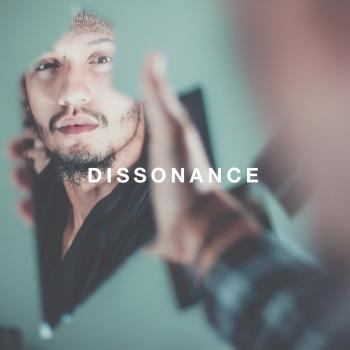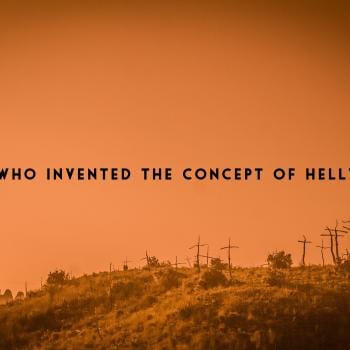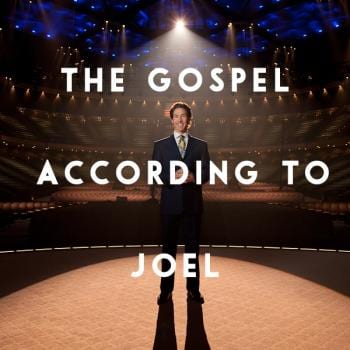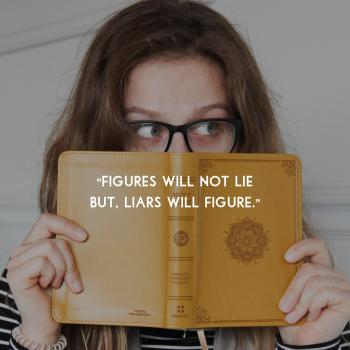[Written by Laura Lawson]
We all know how the next line goes: but the greatest of these is love. For some reason, it’s never gone like that for me. Faith, hope and love. But the greatest of these is hope.
Love trumps hope. Ask anybody. Love is the ultimate motivator, the reason self-sacrifice in any capacity is even plausible, the reason why I cried more than once while reading the last Harry Potter book, and it also happens to be the reason I’ll be spending eternity in heaven. But for some reason, hope has always seemed to strike a deeper chord within me.
Let me explain.
Two years ago at a routine eye exam, the fresh-out-of-graduate-school optometrist that inspected my eyeballs announced, rather unsympathetically, that she believed I had an eye disease called retinitis pigmentosa. Of course much more testing would need to take place before this diagnosis would become official, but she sounded pretty certain. And she was. Nine excruciating months later, while I was an art student in sunny Laguna Beach, I got the phone call. Now you’re probably wondering what retini is—let’s just call it RP, to make things easier. Allow me fill you in. Your retina, in the back of the eye, is composed of hundreds of tissue-paper thin layers of cells known as rods and cones that convert light into electrical impulses that travel up your optic nerve and enable your brain to see images. So yeah, you could say they’re pretty important. Mine are dying. Actually approximately 70% of them are already dead. What does this mean exactly, you ask? I’m going blind.
I’ve been a Christian all my life. Even more-so than that, I’ve been one of those pesky optimists that always tells my friends “don’t worry, everything will be alright.” When I first learned about RP, I tried to have that mindset. I admit that I had Christian fantasies about people complimenting me on how well I was handling everything—yeah kids, that’s known as PRIDE. I was utterly blindsided (no pun intended) when the reality of what was happening hit me square in the face. I sank into a bleak depression. It was foreign territory to me, me being the ultimate optimist and socialite. I stayed in on Friday nights to watch LOST on Hulu. I squabbled away some of my friendships, and eventually, even the relationship I was in. I did not lose my faith during this trial of all trials, but things were certainly tough. I began to cling to this idea of hope. Hope that there would come a cure. Hope that I could drive again. Hope that I would not be a blind artist someday, the irony of which was beginning to wear off. Slowly but surely, the stages of grief passed through my life, and I began to accept what was happening to me. I developed a new normal.
Hope has been popping up all over the place lately. I am currently preparing for my first solo art show at a local gallery, the theme of which revolves around hope: bringing awareness to the production of biosand water filters for villages in Zambia that are desperately in need of clean drinking water. I also was recently commissioned to do a live painting at my church on the 10-year anniversary of September 11. The theme? Hope amongst rubble. As I stood onstage that morning, painting a plant unfurling out of the ground or whatever overdone motif it was that I was painting, hundreds of eyes on my back, I couldn’t help but ask God, “What good will hope do for me now?” Sure, I can hope for a cure for RP. But that could be ages away, if it ever even comes. Plus I can’t help but get a little queasy at the mental image of my only survival tactic being hope. It feels so empty, so unfulfilling, so… self-involved.
And that’s when it hit me. That’s why love is greater than hope, why the Bible is chocked full of love this, love that. Hope has roots in self—the need for it stems from a feeling of dissatisfaction with life. Love is self-sacrificial by definition. Sure, we are to hope, but love is to consume our thoughts and envelope our very beings. Love is our cure for today, and ultimately, for eternity. When we truly love God and others more than we love ourselves, our problems tend to evaporate. When I love God, truly love Him in a growing, daily dependency, I am comforted knowing that He is there. I love God despite the death sentence on my vision. I love God even though a cure may never be found. It doesn’t matter. The greatest of these is love.
[Post by Laura Lawson]











